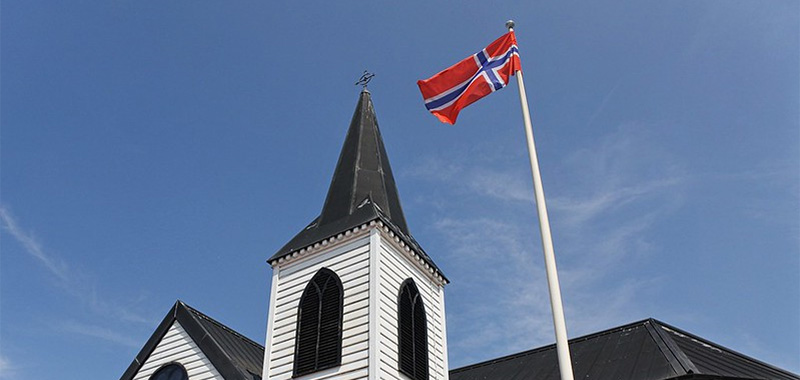
Norway’s Director of Public Prosecutions casts doubt on broad conversion therapy ban
Norway’s Director of Public Prosecutions has cast doubt on the Norwegian Government's plans to ban conversion therapy, suggesting they are pushing the boundaries of what is legally possible.
In a consultation response over the proposals, Jørn Sigurd Maurud cites concerns about the removal of ‘consent’ for over-18s and the right to “privacy, freedom of belief and thought”.
Christian groups in Norway have raised concerns over the ordinary work of churches, saying the proposed ban could restrict the freedom to quote certain biblical texts and explain what they mean for life, or the right to pray for someone struggling with their sexuality.
Following Norway’s Parliamentary election last year, the Culture and Equality Minister, Anette Trettebergstuen, produced a revised version of the former Government’s conversion therapy Bill.
It aims to go further than previous conversion therapy bans, bringing ‘consenting adults’ into the purview of the ban. It also raises the penalty up to a maximum six years’ imprisonment. Legal concerns were soon raised over the disproportionate interference into people’s freedom of belief.
A public consultation was held, with legal representatives asked to provide responses.
The Director of Public Prosecutions wrote that the proposals are “at the extreme edge of the state's margin of discretion in the area of human rights”.
The proposals say that it is “almost impossible” to determine whether consent is real as a person may be influenced by social pressures. Activists in the UK make a similar argument.
But Mr Maurud is clear that this approach would be abandoning legal norms. The difficulty in ascertaining whether consent has been given does not justify outlawing an action in every instance. Given the breadth of actions these proposals could outlaw – even ordinary aspects of pastoral care – it is an astonishing way to try to legislate.
Like the UK, Norway has ratified the European Convention on Human Rights. As a result it must uphold ‘convention rights’, including freedom of thought, conscience and religion (Article 9) and freedom of expression (Article 10).
Activists pressing for broad conversion therapy bans say that orthodox Christian teaching, prayer and pastoral care should be outlawed when they do not align with LGBT ideology. But such a law would be an unacceptable interference into freedom of belief.
Norway’s Director of Public Prosecutions is not the first to raise concerns there. The Norwegian Bar Association and Norwegian Institution for Human Rights have also objected to the new approach.
Christians have likewise raised concerns. The Norwegian Christian Medical Association explains that the definition of ‘conversion therapy’ used in the Bill “is such a broad definition that it can affect most pastoral care and guidance that is based on a traditional/conservative view of gender and sexuality”.
They also note that the proposals do not “distinguish between voluntary conversations and coercion and manipulation”. It would result, they say, in “priests and pastors … reluctant to enter into conversations about gender identity or gender orientation with an adult”.
“It is important that pastoral care conversations and intercession should also be able to deal with questions about sexual orientation and gender identity when those seeking pastoral care wish to do so.”
Missionary organisation ‘Christian Network’ adds that the Bill could criminalise “the conversation and guidance for those who seek to live according to classic Christian sexual ethics.”
Sex Matters responds to Stonewall’s ludicrous “conversion” claims
2025-05-14 07:17:58
